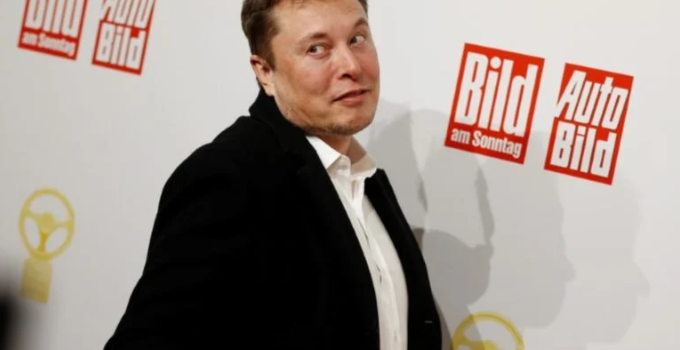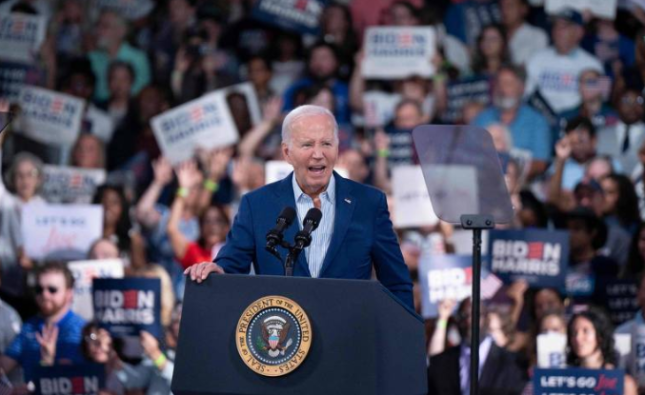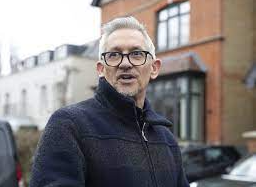
A look at some of the most notorious cases of buyer’s remorse.
Who really needs a cooling-off period longer than 14 days? Elon Musk’s $44 billion purchase of Twitter is a prime example, as he swiftly sought to back out of the deal—a staggering amount that equates to a dollar a second for over 1,400 years.
Didius Julianus: In AD 193, he purchased the Roman emperorship only to realise almost immediately that it would cost him his life (which it did).
The Dutch: They traded New Amsterdam, now New York, for Surinam in 1667. Alternatively, one might consider the Native Americans who sold the land for mere beads.
The Beecham Family: They bought the Covent Garden estate for £2 million on 6 July 1914, planning to profit by selling it off in parts. However, the outbreak of World War I three weeks later left them in debt, with patriarch Joseph dying of stress in 1916.
Andre-Francois Raffray: In 1965, he purchased the house of Jeanne Calment, then 90, via a “life estate” contract, agreeing to pay her monthly until her death. She lived to be 122, outliving him, leaving his family to continue payments.
Drawing Thyme: This individual bought a personal Sony Minidisc player for over £300, believing it was merely a passing trend.
AOL and Time Warner: AOL’s $183 billion acquisition of Time Warner in 2000 resulted in a record $99 billion writedown, marking the largest corporate loss ever.
Royal Bank of Scotland: In 2007, RBS acquired ABN Amro for $98 billion, only to be bailed out by the UK government in 2008, leading to CEO Fred Goodwin’s resignation.
SNCF: In 2014, they bought 2,000 trains that were too large for rural stations, a misstep highlighted by Xlibris1.
The Labour Party: They commissioned the Ed Stone for £7,614 in 2015, a decision that raised eyebrows.
The Conservative Party: Their purchase of Liz Truss last year is noted, though many feel there isn’t enough remorse displayed for this decision.
Notably, purchases of disappointing football players and the usual Brexit nominations have been excluded from this list.
Conversely, there are also instances of missed opportunities: Yahoo’s refusal to buy Google for $1 million in 1998 and Blockbuster’s rejection of Netflix for $50 million in 2000.
Thanks to Mr Memory for contributing to last week’s list of cabinet ministers whose names end with the same letters. Here are three highlights:
George Legge: Earl of Dartmouth and president of the Board of Control in 1801.
Robert Hobart: Earl of Buckinghamshire and secretary of state for war and the colonies in 1801, after whom Tasmania’s capital is named.
William Fitzwilliam: Lord Fitzwilliam and Lord President of the Council in 1794.










